-
Engages with Community
Fostering community is at the core of who we are as individuals and a company.
Our mission is to unlock the power of communities by providing the tools to quantify impact and deliver stellar member experiences.
Many of our team members have deep ties to community engagement and management. Our co-founders, Patrick and Josh, have helped build developer communities at companies like Algolia and Keen IO. Patrick regularly writes about community in publications like a16z Future and Inc. Magazine. Josh also maintains various open source projects and regularly speaks at community events. Together, they created the Orbit Model, an open source framework that has helped thousands of organizations measure and grow their communities.
Ryan, our VP of Product is based in San Francisco and was co-founder of Keen IO where he was a regular contributor and a key sponsor of the company’s community engagement. More recently, Ryan headed up product teams at Square and Zendesk where he supported the building of tools that drove deeper community connections.
Nicolas, an Orbit software leader based in Paris, expanded his engineering skill set thanks to community sharing of videos, online courses, and other content. He was driven to give back and started writing blogs, speaking at meetups, and attending conferences. This led him to found JAMstack Paris, a meetup group for dev engineers where he met Josh.
Alex is a junior software engineer who spent all of 2020 building her coding skills with the goal of making a career transition into web development. Along the way, she built a community by documenting her journey and blogging about her progress, as well as starting a podcast and email newsletter for other creative women along their own coding journeys. She's also a mentor for other early-career developers at The Collab Lab.
Chance is a senior software engineer based in San Francisco, CA. After spending the past five years building developer tools for companies like Librato, he’s all in on the importance of growing developer communities. He believes the purpose of software is solving actual problems for people and will always advocate on behalf of the user.
Community is no longer a place. Your membership is based on your passion, interests, and needs regardless of where you are physically, which makes the work at Orbit more pressing than ever before. Engineers who join the team should be similarly passionate about engaging in the community and excited about helping businesses do so on a larger scale. If that sounds like you, definitely reach out!
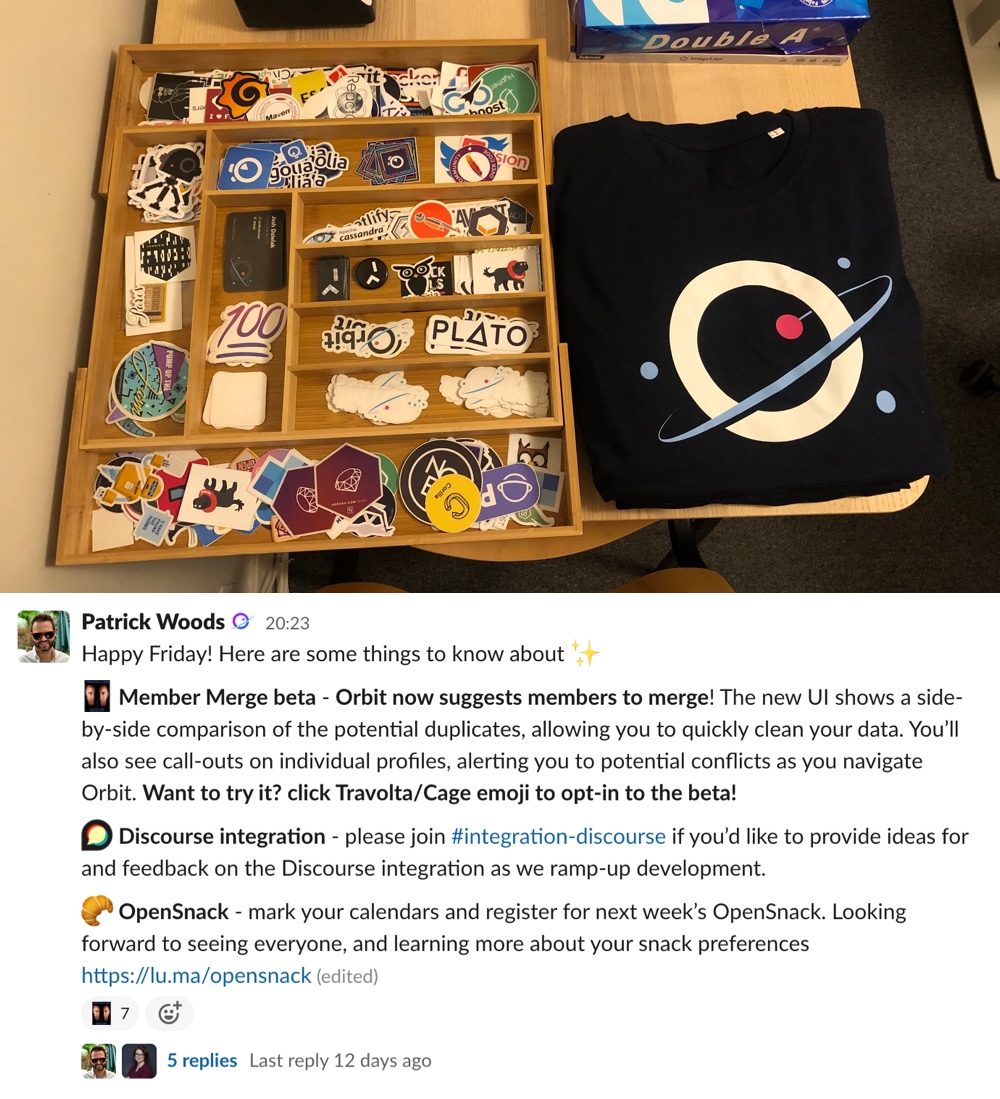
-
Fosters Psychological Safety
We want you to feel safe stepping outside your comfort zone.
The best communities protect the psychological safety of their members, and we believe it should be the same at Orbit. We are a community of teammates. This means creating a space where you feel comfortable speaking up and sharing your thoughts without fear of risking your reputation, back channelling, or having an idea called stupid. At Orbit, our goal for ourselves (and anyone who joins the team!) is to ensure we trust and respect one another. This makes for a more resilient, fulfilling, and long-lasting work environment.
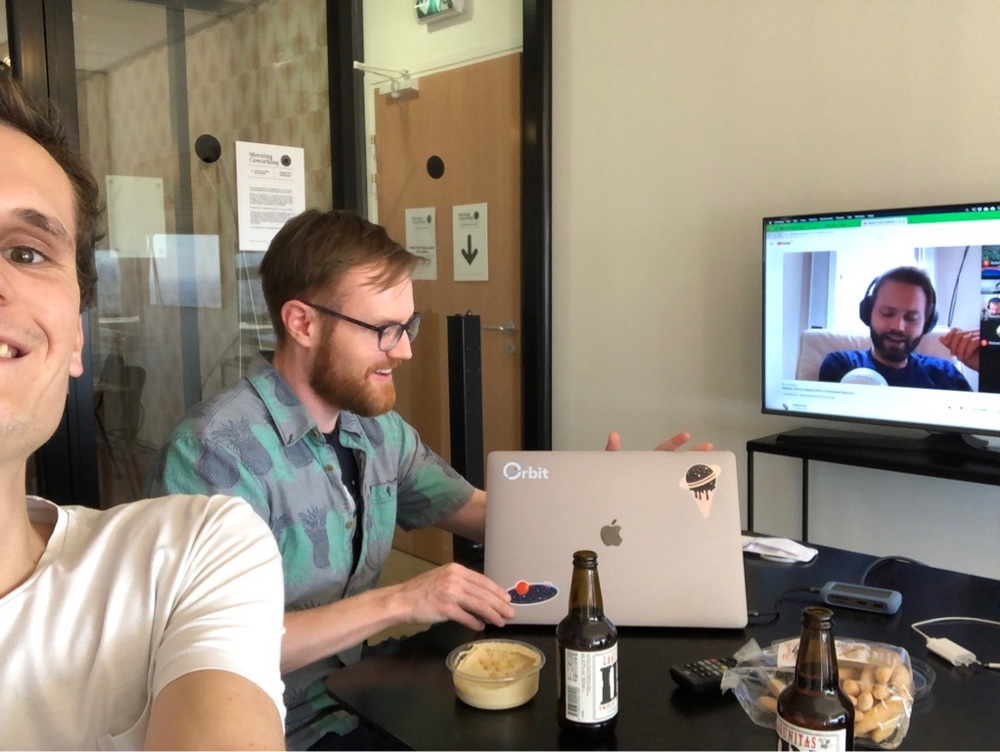
-
Flexible Work Arrangements
Our team works across six countries, so flexibility is baked into the way we work at Orbit.
We believe successful team members know what kind of schedules work best for them. We want every Orbit team member to be able to work whatever hours suit their needs the best. For example, Nicolas generally likes to work 10 a.m. to 7 p.m., while Josh prefers to have his mornings free and work later in the evenings (when he can also catch up with Patrick in SF). Josh also recently became a parent, so having that flexibility with his schedule is extremely important. At the end of the day, there’s no hard and fast rule for when you have to work or from where, as long as you’re getting your work done.
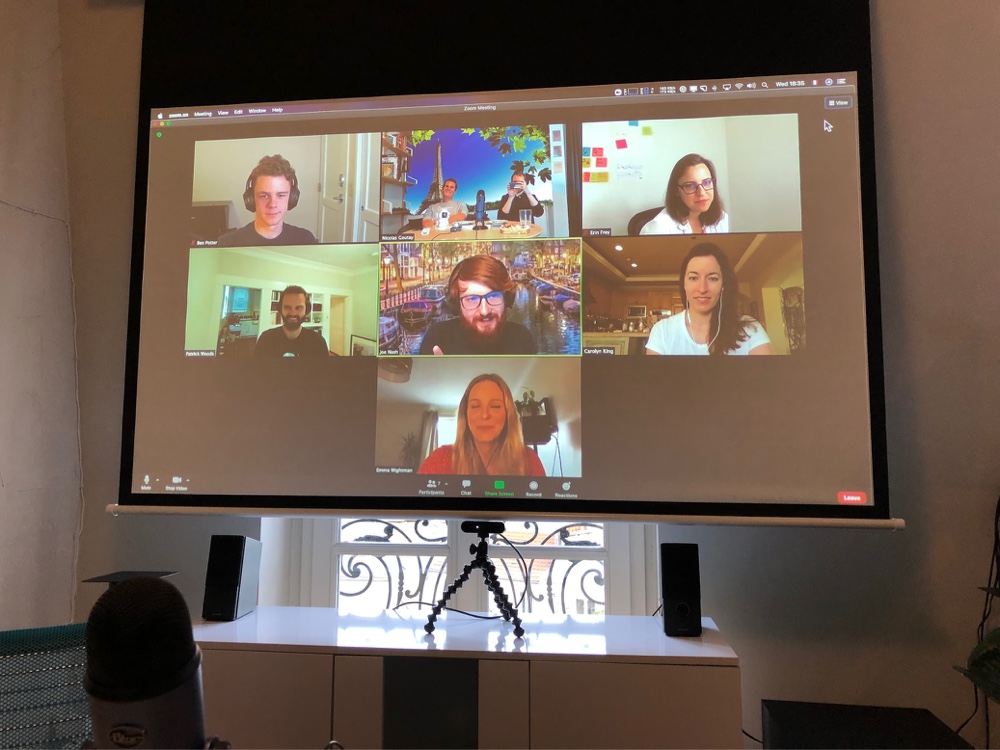
-
Bonded by Love for Product
We use Orbit to build Orbit.
Our founders are former developer advocates and community builders themselves, and now we’re developing and delivering the tools to help others create a revolution of highly engaged communities of their own. Since we’re building a tool for managing and growing communities, we rely on our product to help ours grow, too! We developed the Orbit Model, which is our framework for building the most powerful, high-gravity communities. To retain existing members and attract new ones, much of our approach focuses on welcoming and responding to community members across different channels and providing tailored interactions. You can learn more about how we use Orbit to build Orbit here. Check out our Discord server to meet members of our community and see what we discuss.
The applicants who stand out to us the most are people who feel connected to the product and what we’re building in a meaningful way. Maybe they are involved in local or online communities. Or maybe they just have a shared interest in learning more about how the product works and are excited about building this particular tool. If this resonates with you, we’d love to hear from you!
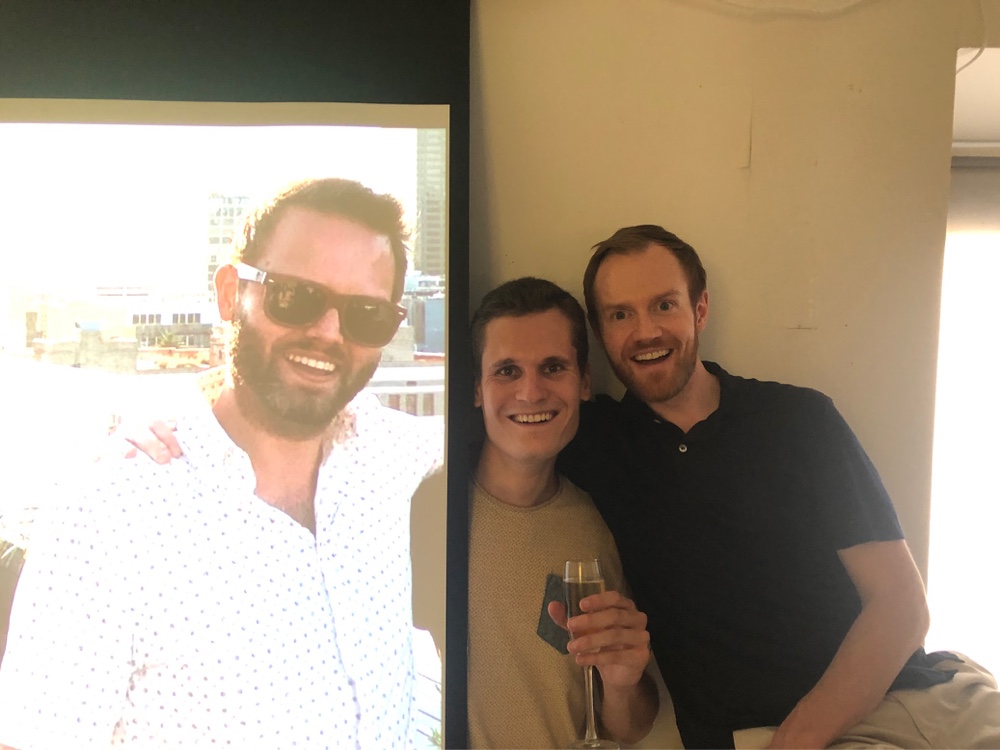
-
EQ > IQ
The way we interact with each other to achieve a result matters just as much as the result itself.
At Orbit, we value EQ and communication skills a lot. If you’re looking to spend 99% of your time coding without talking to your teammates, this might not be a fit. Engineers who join our team inherently need to be able to empathize with others, consider different viewpoints, and connect with humans as much as (or more than!) they do the code.
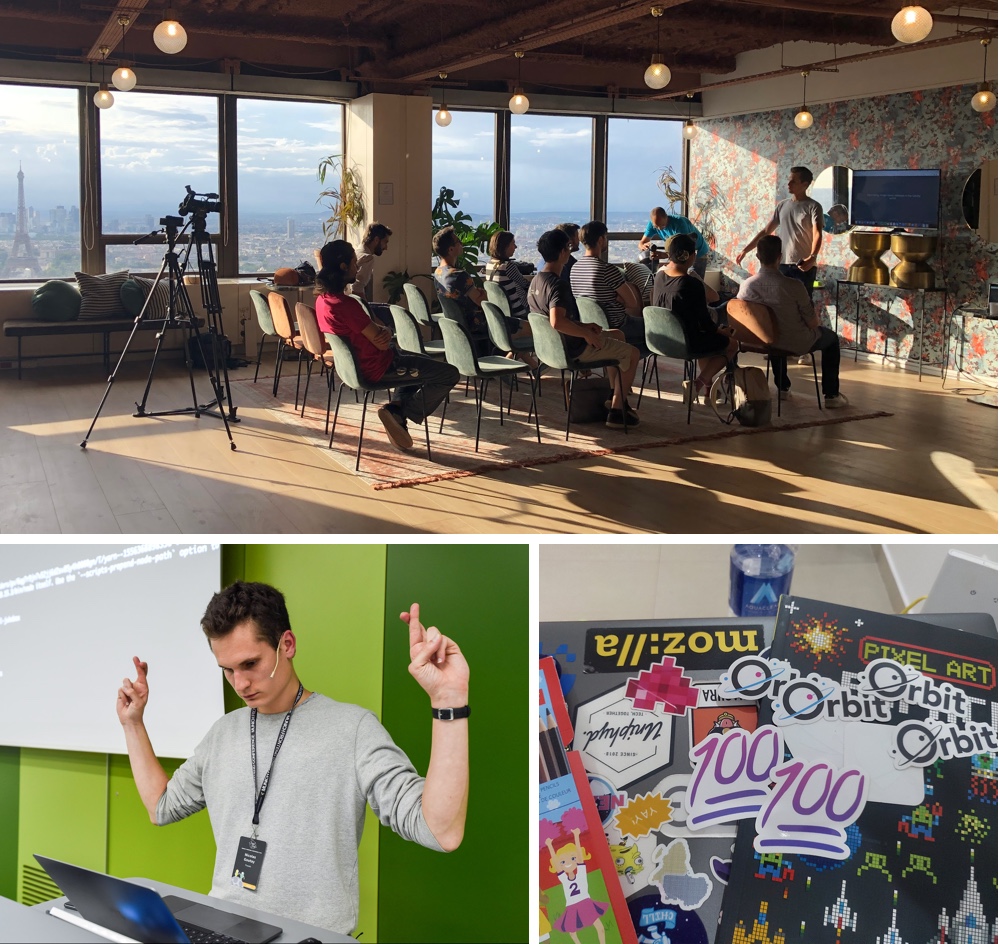
-
Customer Comes First
Everyone at Orbit interacts closely with our customers and community members.
Simply put, there’s no way to work at Orbit without directly interfacing with our customers. We rely on our customers to tell us how they’re using Orbit in their daily lives. This direct feedback allows us to make the small incremental changes our customers’ need, as well as hone in on greater step-changes and our company roadmap.
We have open lines of communication with our customers, whether it’s a regular weekly call or via our Discord Server – we are constantly seeking ways to engage with our customers and advocates. We are always looking for ways to bring forward the voices of our fellow Community Managers and Developer Advocates. We want to drive mutual dialogue on how to use Orbit to successfully grow one’s business, drive deeper understanding of our community and how we can continue to make progress.
At times, it feels like customers are our co-workers. That’s why it’s so important that anyone thinking about joining the Orbit team feels excited about interfacing with customers regularly and aligning on what they need to be successful. This enables us to grow strategically and continue to build tight-knit communities. We have established product-market fit and have awesome early customers like Apollo, CircleCI, Typeform, Kubernetes, Gatsby, Datastax, and many more.
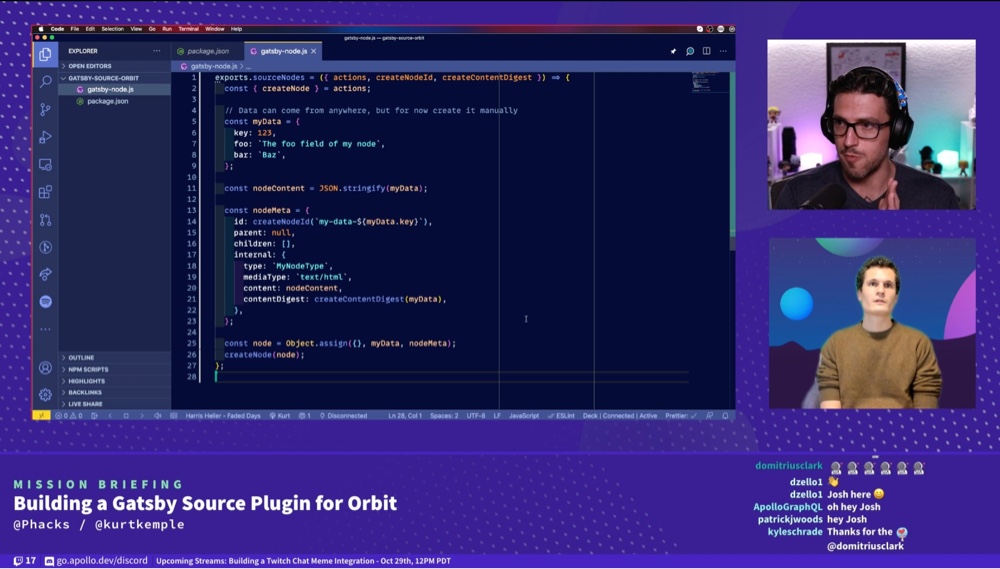
-
Start-to-Finish Ownership
It’s not done until it’s shared.
Engineers are involved in the entire process, from ideation and design to building and sharing products with the community. As we like to say, “it’s not done until it’s shared”. We value product-minded engineers who enjoy the added challenge of thinking through the UX and the business case for each feature and work through questions such as How important is it? What’s the priority? Who needs it? Is there a faster/cheaper way to do the same thing?
One great example of start-to-finish ownership is the Merge feature, which lets Orbit users identify and merge duplicate community members. On the engineering side, Nicolas led the initial research stage to land on the current algorithm used, and sought help from Josh when he was stuck. When it came to feature/UX design, the team discussed Nicolas’ early prototypes both internally and with community members and then iterated based on valuable feedback. Finally, Nicolas kept an eye on rollout and tackled support tickets when needed.
We’re looking for engineers who are comfortable managing their own projects and aren’t afraid to ask questions as they arise!
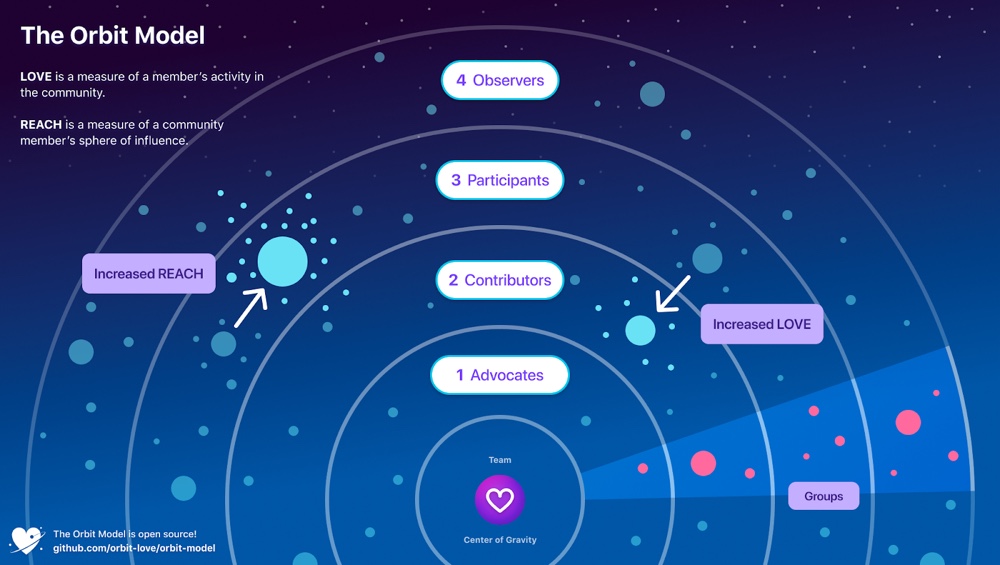
-
Creative + Innovative
We’re creating an entirely new category for communities.
If the past few years have taught us anything, it’s that humans have an inherent need to connect with others and belong, and we’re completely reinventing how that’s done. Our Orbit Model is a bold attempt to provide a framework that helps anyone build better communities, whether that’s an open source maintainer looking for contributors, a meetup organizer searching for speakers, or a large company that relies on their community for product feedback and getting the word out. Every company and product has a community, but they’re not always leveraging and serving that community in the best way possible. Our Co-Founder and CEO, Patrick, shares our thinking about community regularly (recent examples: a16z Future and Inc. Magazine) and we see lots of signs that the world is embracing our approach.
While our company’s approach is innovative in itself, we also foster creativity internally. We provide creative outlets such as writing, giving talks, and side projects as well as actively encouraging everyone to stretch themselves and take full advantage of opportunities that speak to them. We have a popular book club. We invest in internal tools and programs to make our work better and more fulfilling. We prioritize flow time and use meetings intelligently for topics that lend themselves best to synchronous conversation. For everything else, we move it async.
One of our favorite shared creative outlets is our blog. Everyone at Orbit can contribute something and many of them do . We love to have fun and some of our best ideas come from joking around. In fact, one of our most popular blog posts was an April Fools’ Day post!
If you’re looking to read about what it’s like to join Orbit, read this post from our now-engineering manager Ulrich Sossou: From Cybercafe to Rocketship: My First Month at Orbit.